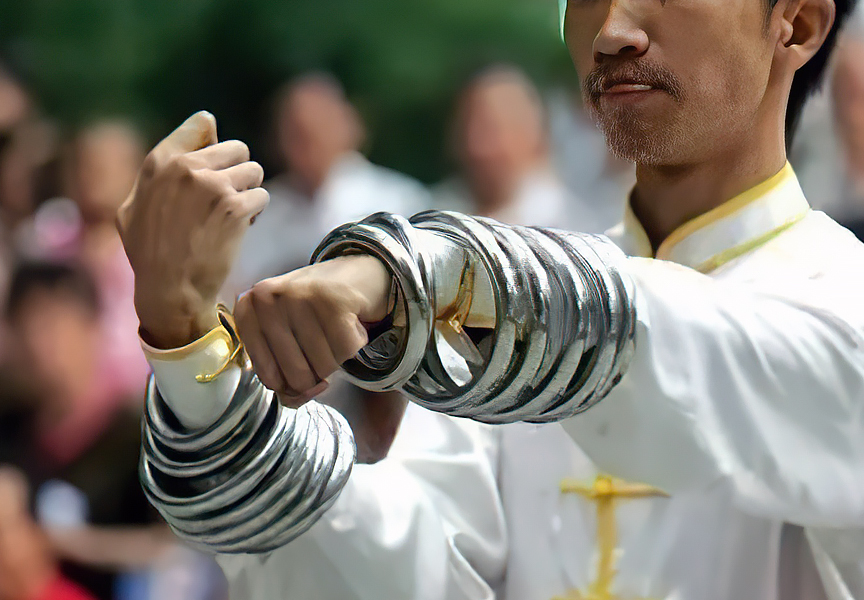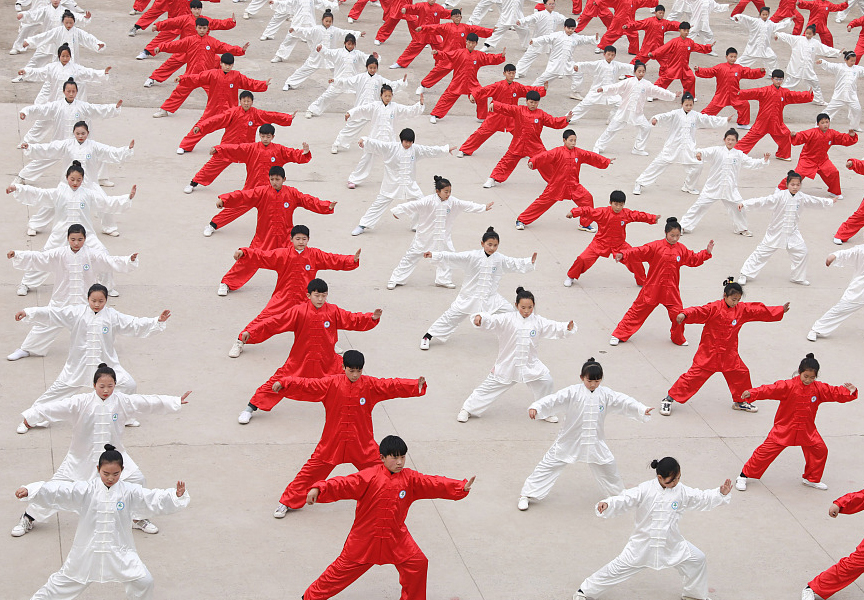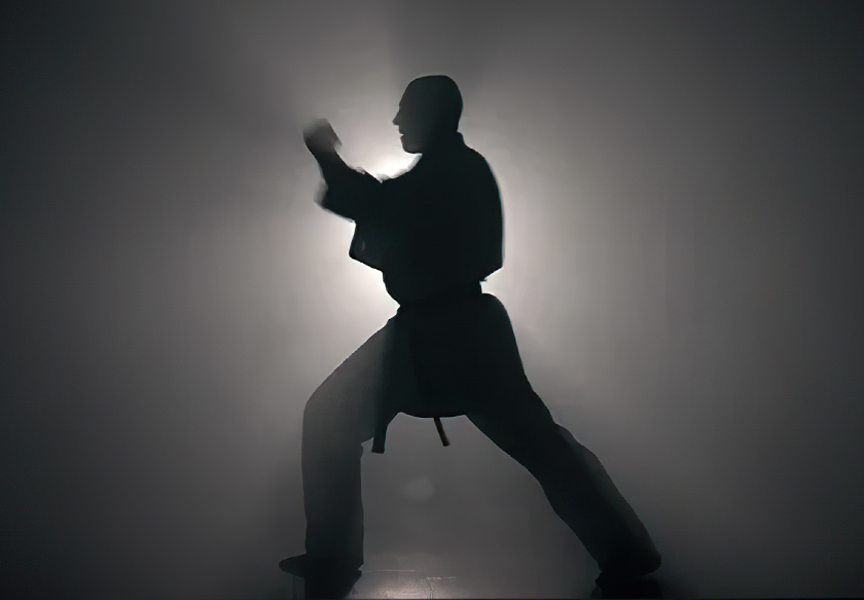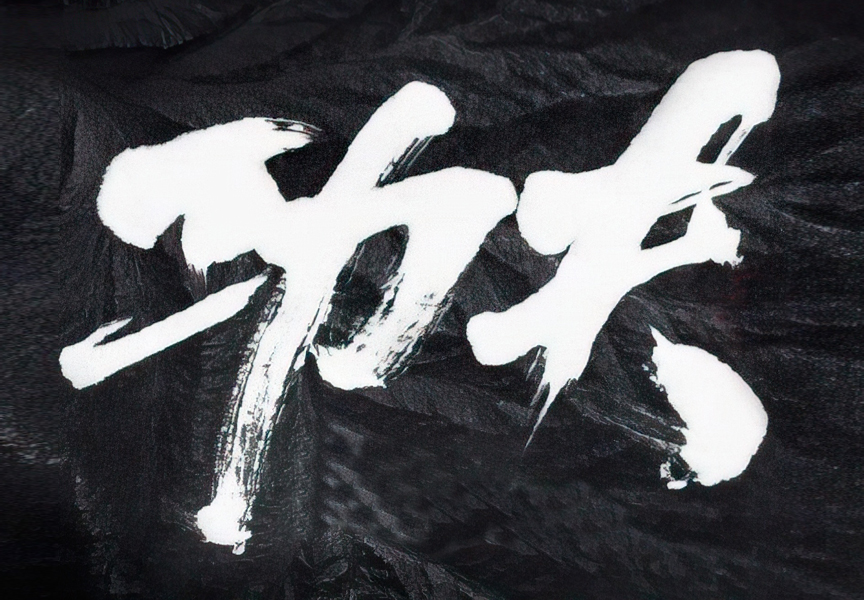Random Free Articles
- Iron Rings in Shaolin Kung Fu

Harnessing the Power In the realm of martial arts, Shaolin Kung Fu stands out as one of the most revered and iconic disciplines. Known for its rigorous training methods and emphasis on both physical and mental strength, Shaolin Kung Fu incorporates a wide array of traditional weapons and tools. Among these, the iron rings, known as Tie Huan [Chin.: Tiě huán 铁环], hold a special place. These seemingly simple yet powerful tools have been…
- What Matters Most - Victory or Effort?

What Matters Most - Victory or Effort? In the grand arena of life, the question of what holds greater significance, victory or effort, has been a subject of perennial contemplation. Whether in sports, academics, or personal pursuits, individuals grapple with this profound inquiry, each offering compelling arguments to support their stance. Yet, the essence of this debate transcends mere outcomes, delving into the very fabric of human existence…
- Martial Arts Compulsory in Educational Institutions for a Healthier Society

Martial Arts Compulsory in Educational Institutions for a Healthier Society In today's fast-paced and increasingly sedentary world, the importance of physical activity cannot be overstated. Sedentary lifestyles contribute to a myriad of health issues, ranging from obesity to cardiovascular diseases. As societies grapple with these challenges, it becomes imperative to explore innovative solutions to promote physical well-being. One such…
- The True Essence of Martial Arts

A Journey of Self-Mastery and Personal Growth Martial arts, often perceived as a collection of physical techniques and combat skills, holds a deeper significance that transcends the realm of physical prowess. Beyond the kicks, punches, and intricate forms lies the true essence of martial arts—a profound journey of self-mastery, self-discovery, and personal growth. In the heart of this ancient practice, individuals embark on a transformative…
- The Meaning of the Term Kung Fu

Gong Fu or Kung Fu, a term that conjures images of martial arts prowess, discipline, and ancient wisdom, has permeated popular culture as a symbol of physical and mental excellence. Originating from China, the term Gong Fu is widely used, often misunderstood, and frequently associated with cinematic displays of acrobatic combat. However, beyond the flashy kicks and punches lies a deeper meaning that encompasses a rich tapestry of history,…

